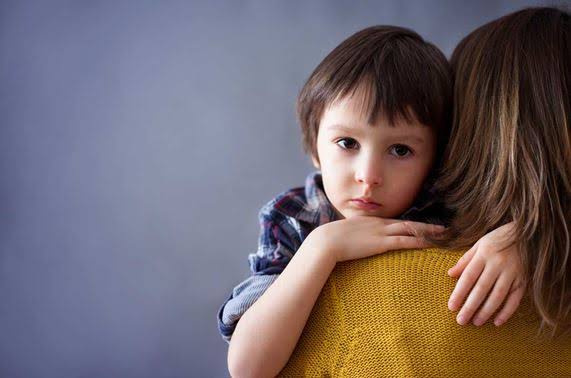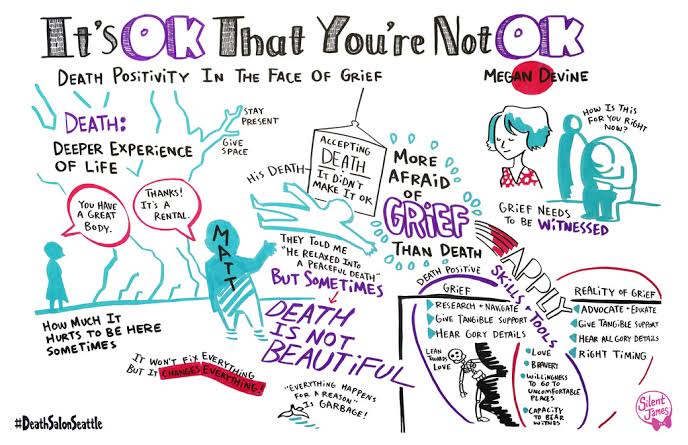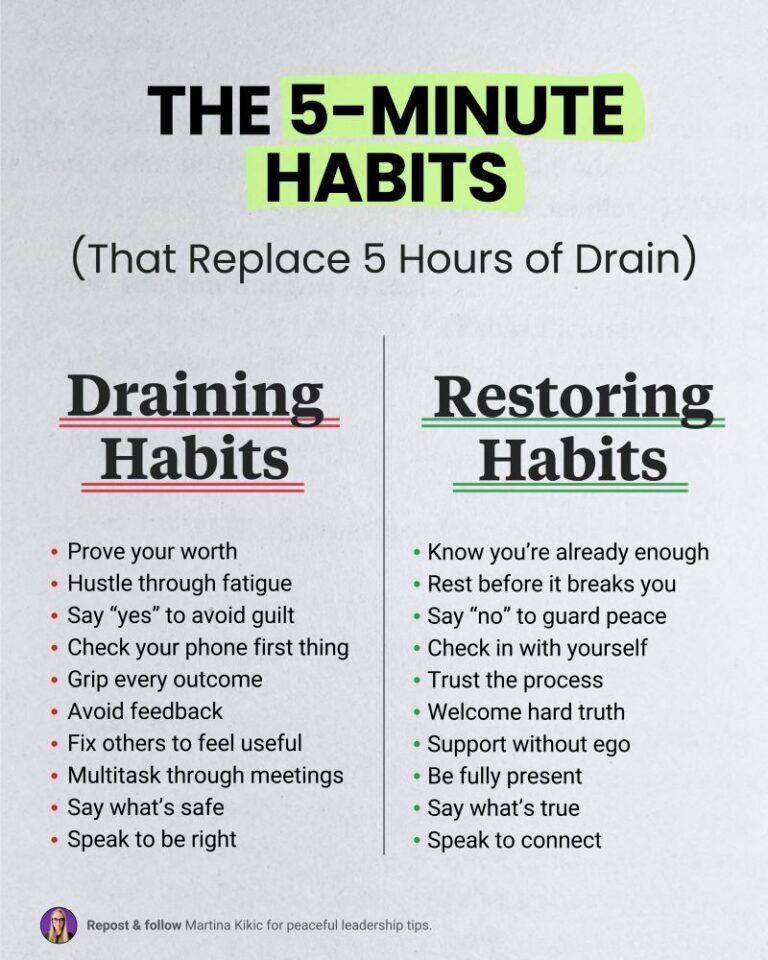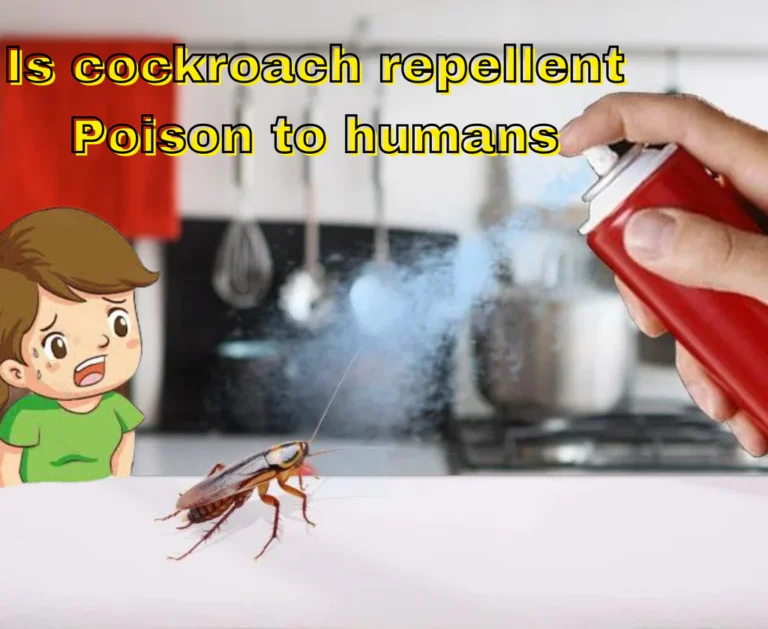
Can children really suffer from depression and there is such a thing as child depression? The answer is yes, and children’s depression is different from the usual depression that we know. Children’s feelings develop from day to day, but not every child looks a little sad, it means that he is depressed. If the sadness lasts for a long time, or you notice that the child’s behavior has become more hostile; Which affects his usual daily activities and enjoyment of life; This negatively affected his growth and progress in the family or at school. Here, attention should be paid, as the child may have depression, and despite the seriousness of the matter, it can also be treated.
How do I know if my child has depression?
It is worth noting that the symptoms of depression in children vary, and they often remain undiagnosed and therefore cannot be treated because they occur naturally as part of the psychological and emotional development of the child.
Several studies focused on a type of depression called disguised depression in children, in which the child expresses a state of depression by claiming some behavior or anger. General symptoms of depression in children revolve around feelings of sadness, hopelessness, and mood swings
Signs of depression in children: irritability and irritability. Constant feelings of sadness and despair. Social isolation Increased sensitivity to rejection Changes in appetite either increased or decreased Sleep disturbances either insomnia or excessive sleep Excessive crying Difficulty concentrating or poor thinking Stress and low energy Complaining of physical pain (such as stomach pain and headache) that does not Responds to treatment Decreased ability to function during events and activities at home or with friends, in school, and classroom activities Feelings of inferiority or guilt Appearance of suicidal tendencies, murder and violence with colleagues and friends
Not all children have these symptoms together, but most of them show different symptoms at different times and in different situations.
Despite this, some children continue to lead their lives normally, but the majority of them show noticeable signs of a loss of interest in school and other recreational activities, deterioration in academic level and changes in their outward appearance.
The emergence of suicidal tendencies is rare in children under the age of twelve, but may occur when exposed to intense anger or frustration. Female children have greater suicidal tendencies than males who have thoughts of killing.
Children who have a history of domestic violence or who have been physically or sexually abused are more likely to think about suicide as a result of depression.
Who are the children prone to depression?
2.5% of children in the United States suffer from depression, which is common among boys under the age of ten, while at the age of sixteen girls become more susceptible to depression.
What causes depression in children?
As is the case for adults, depression may result from several reasons, including health status, life events and circumstances, family history, family status, living environment, genetic causes, chemical factors. Attention should be paid to the fact that depression is not a casual mood that will end without receiving the correct treatment.
How do we prevent depression in children?
Children whose parents suffer from depression are more likely to develop it earlier than their parents. Children who live in an atmosphere of family conflict and family chaos also become depressed quickly Adolescents who are exposed to alcohol and drug addiction often have a high risk of depression.
How can depression be diagnosed in children?
If your child’s symptoms of depression persist for two weeks or more, he must be presented immediately to the doctor to ensure that he is free of physical diseases or that there are no organic causes, and you can also consult a pediatrician who specializes in the field of psychological care for the child.
To assess the child’s condition, an interview should be held with his parents or social care officials in the absence of them, and of course a specialist in psychiatry. Also, sufficient information must be collected from the child’s friends, classmates, and teachers; To find out whether these symptoms occurred on the child during all the different social activities, and they were not clear to him before.
There are no specific medical or psychological tests that can clearly detect the presence of depression, however, asking questions to the child and parents during the assessment sessions helps greatly in diagnosing this disease, and these questions can sometimes reveal the presence of some other problems that contribute In the presence of depression such as obsessive-compulsive disorder and conduct disorder.
Options for the possibility of treating depression in children:
Treatment options for depression in adults are no different from those for children, and the treatment protocol includes psychotherapy and medication.
The family and the child’s environment play an important role in treatment that differs from that of treating depression in adults.
The pediatrician may suggest psychotherapy first and then use antidepressant drugs as an additional next step if psychotherapy does not produce a significant improvement in the child’s condition. The best studies to date indicate that a combination of psychotherapy and medication is the most effective in treating depression.
Studies recommend the use of the antidepressant Prozac, as it is useful in treating depression in children and adolescents, and this drug has been officially approved by the American Food and Drug Administration for the treatment of children between the ages of 8 to 18 years, and there are several drugs that contribute to the treatment of conditions that are caused by Other psychological problems in addition to depression.
Treating children with bipolar disorder
Children suffering from bipolar disorder are treated with the usual psychotherapy methods in addition to a group of medications, usually a combination of antidepressants and mood-stabilizing drugs. It causes symptoms of mania or hyperactivity in children with bipolar disorder. The US Food and Drug Administration has warned that antidepressant medications may increase suicidal tendencies in children and adolescents with depression and other mental disorders. If you have concerns or questions, you must discuss them with the doctor, and if your child Those who are being treated with these medications, it is necessary to stay in contact with their psychiatrist to avoid any harm in the future.
Long term outlook:
Studies have found that depression may affect children at an earlier age, and as in adults, recurrence of depression can occur in later years of life.
A person can also develop depression in conjunction with other mental illnesses; And because depression may lead to a series of more serious mental illnesses, we must pay attention to the need for early diagnosis and treatment of the disease. Some parents may think that it is better to deny that their child is depressed, refusing to seek the assistance of a specialist in the field of psychological care, because society stigmatizes any patient with mental illness, forgetting that the matter It is extremely dangerous. Parents must realize the reality of this disease and provide appropriate treatment; In order to preserve the integrity of the mental and physical development of their children, they should also know more about the complications of this disease and the effects it can cause on the child during adolescence and adulthood.
Therefore, it is necessary for parents to monitor their depressed children well for fear of the dangers of suicidal thoughts. Here are some signs that can be observed in children who are dominated by suicidal tendencies:
Disorders of eating, sleeping and all other vital activities. Social isolation in general, and family isolation in particular. Talking about suicide, helplessness and despair. Increasing wrong behaviors..Repetition of doing risky things, including repeating accidents..Doing drugs. Frequent talk about death and negative things. Giving away possessions easily.. Volatile emotional disturbances such as frequent crying or dull feelings.







